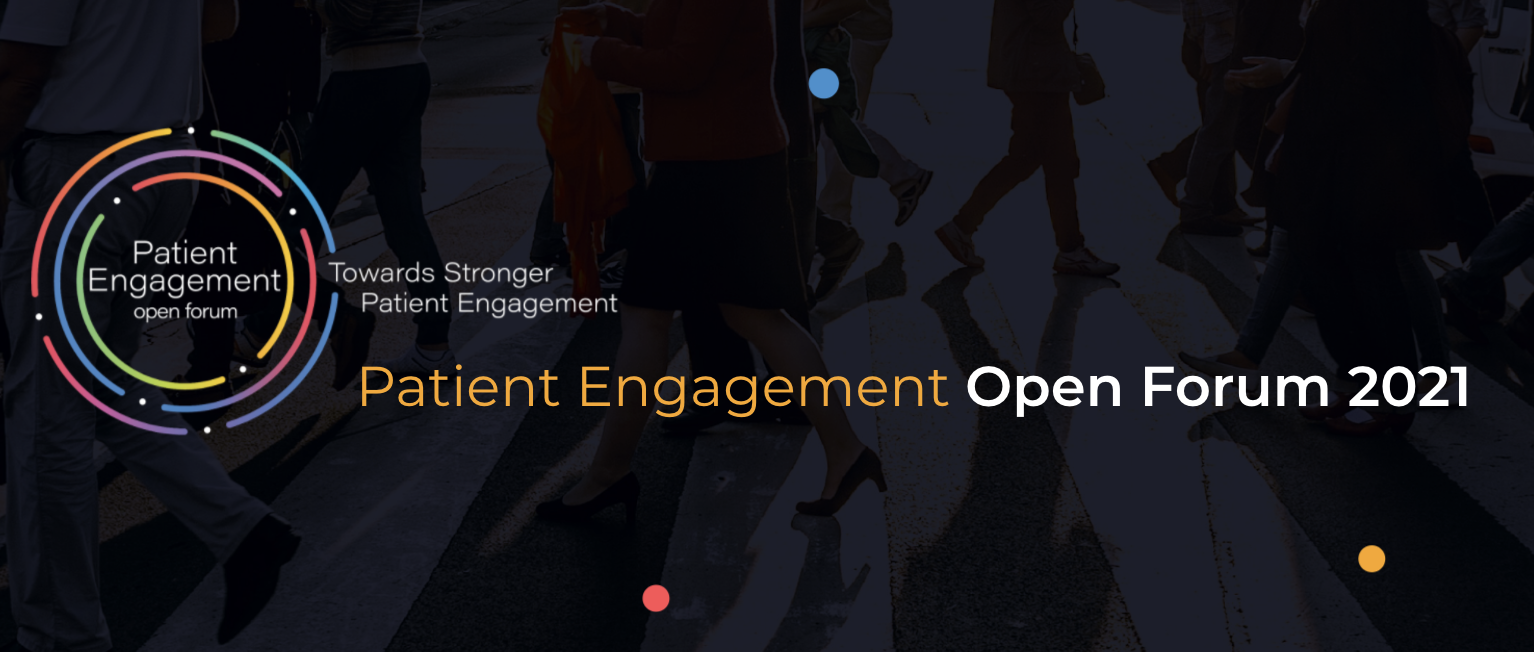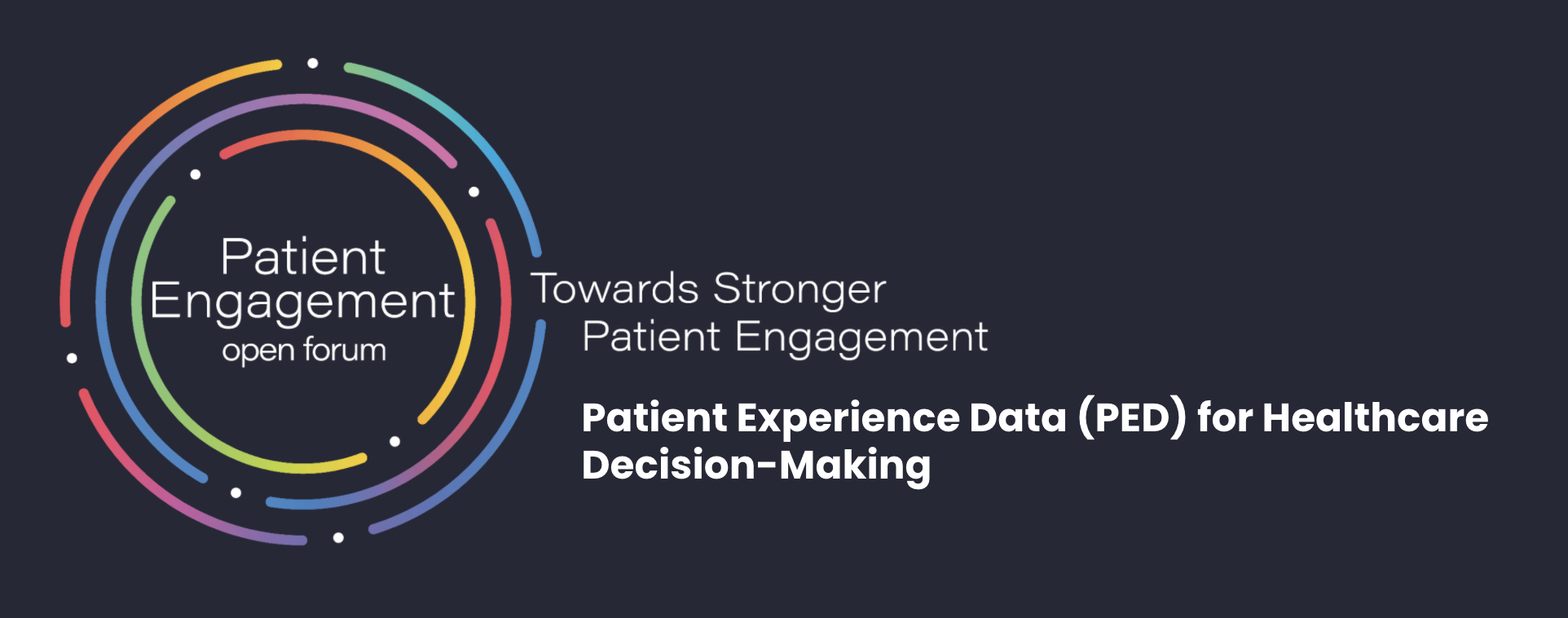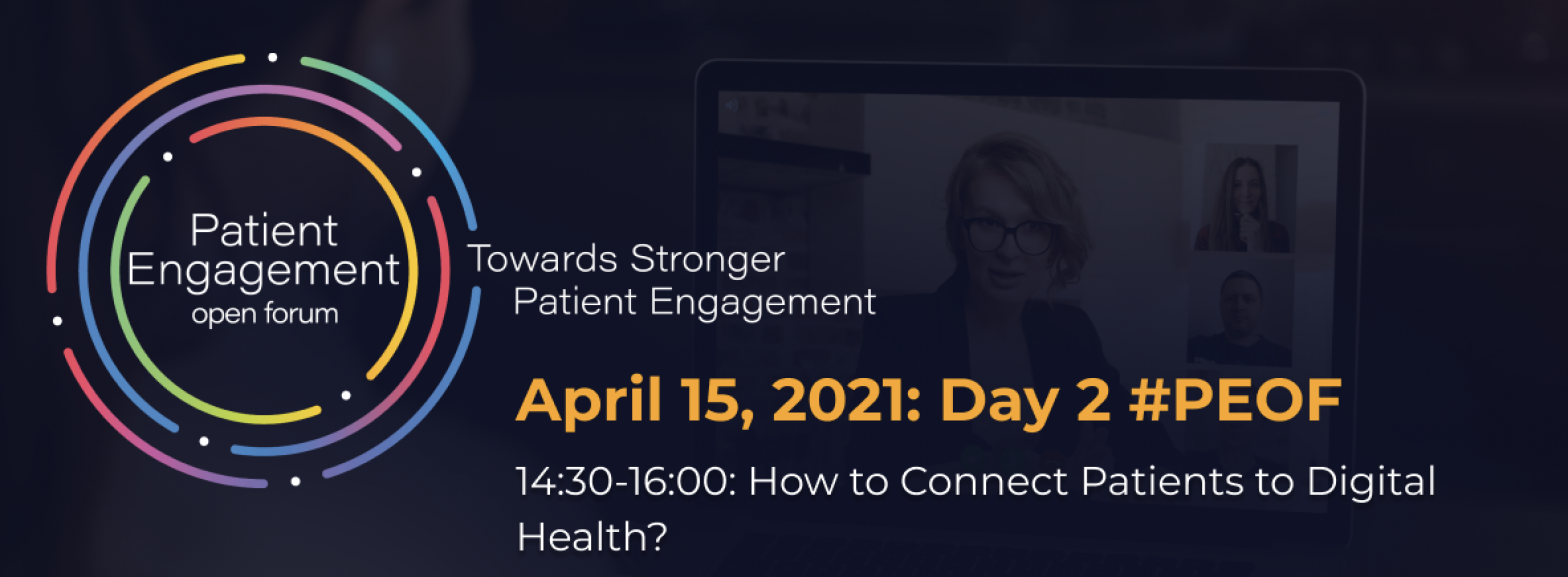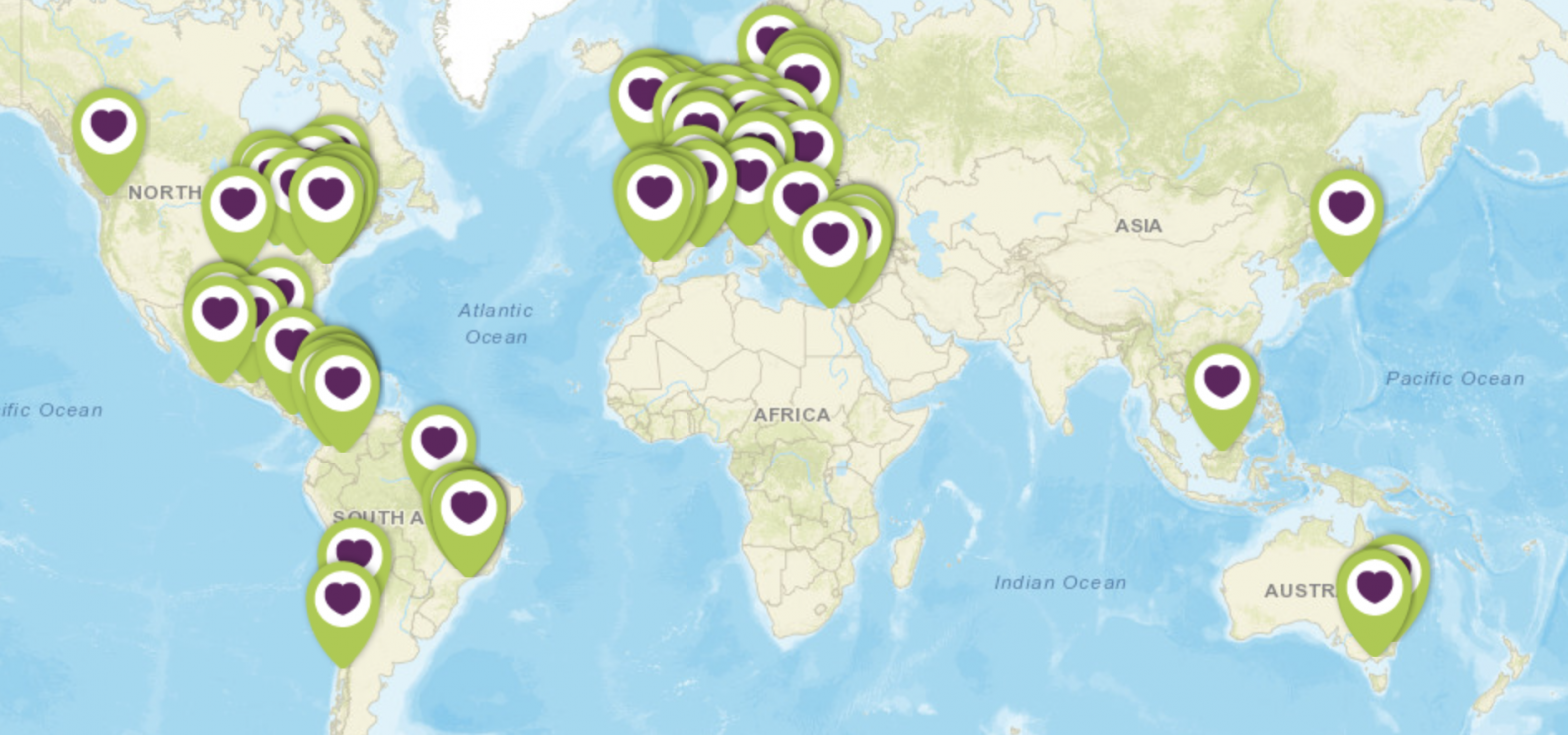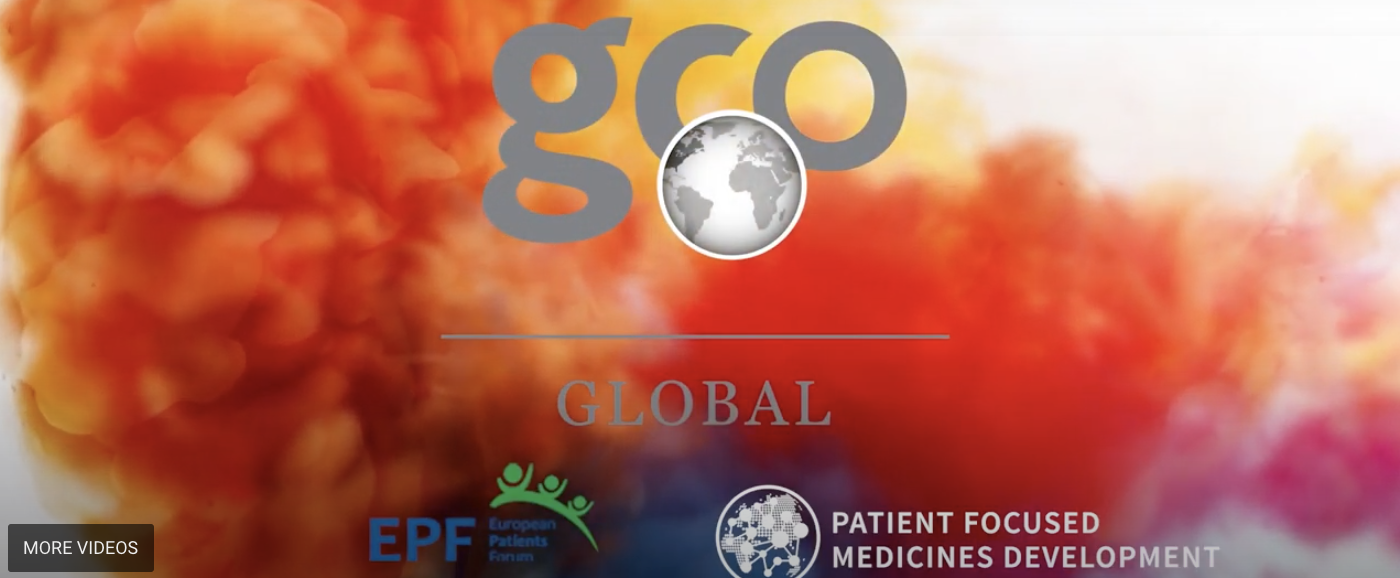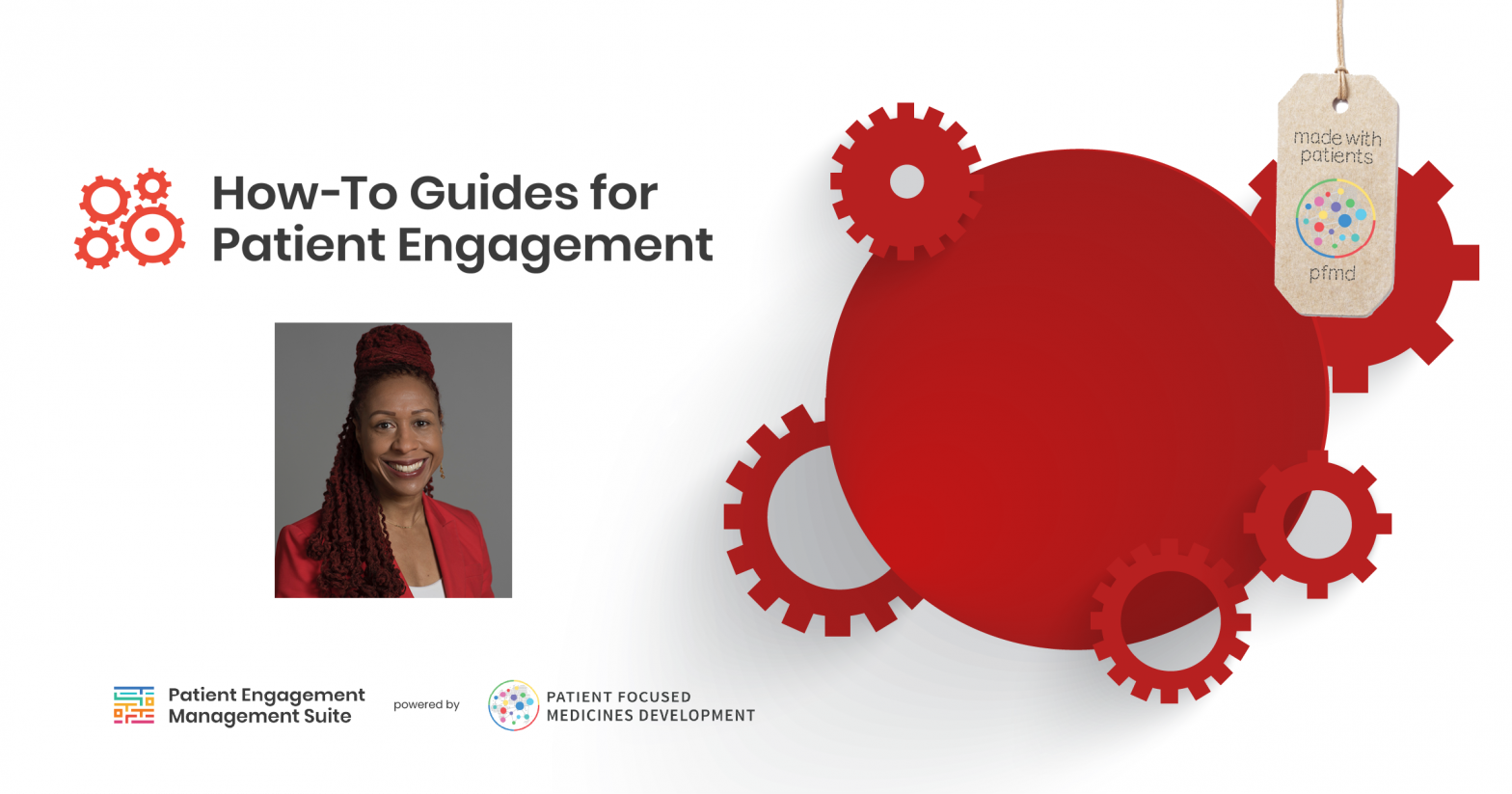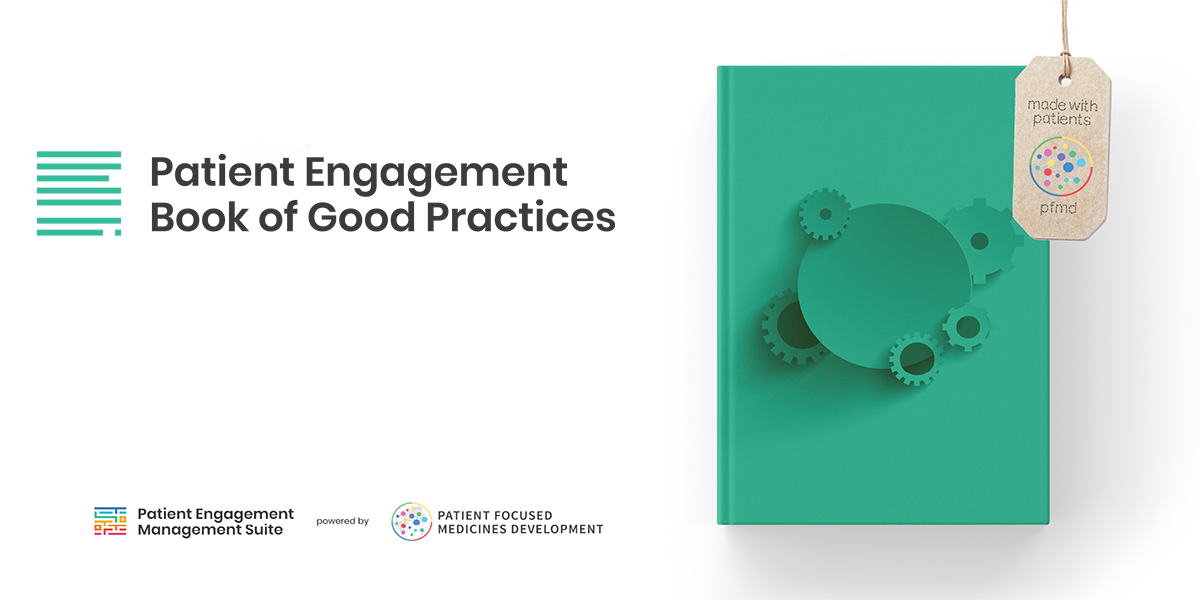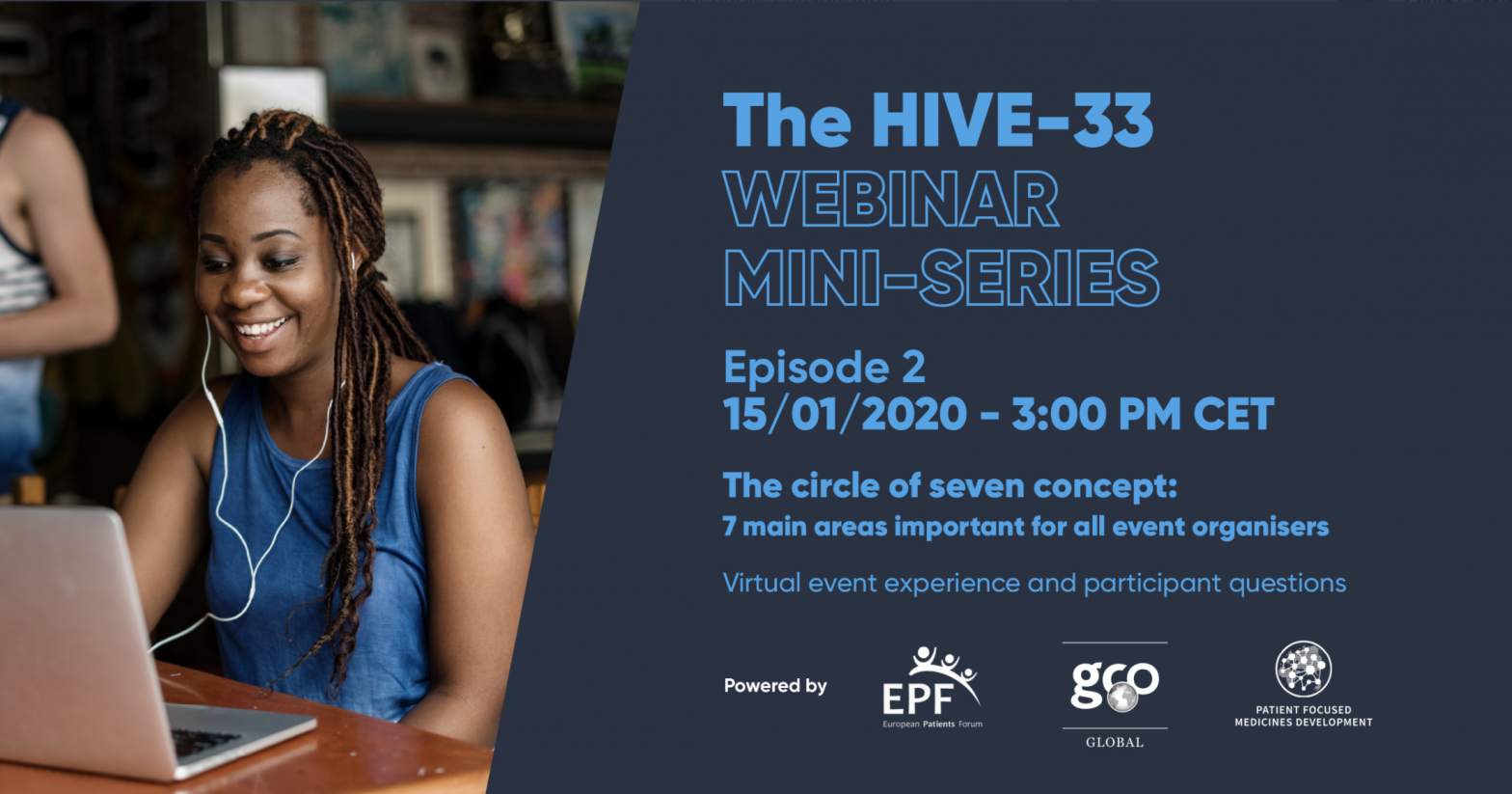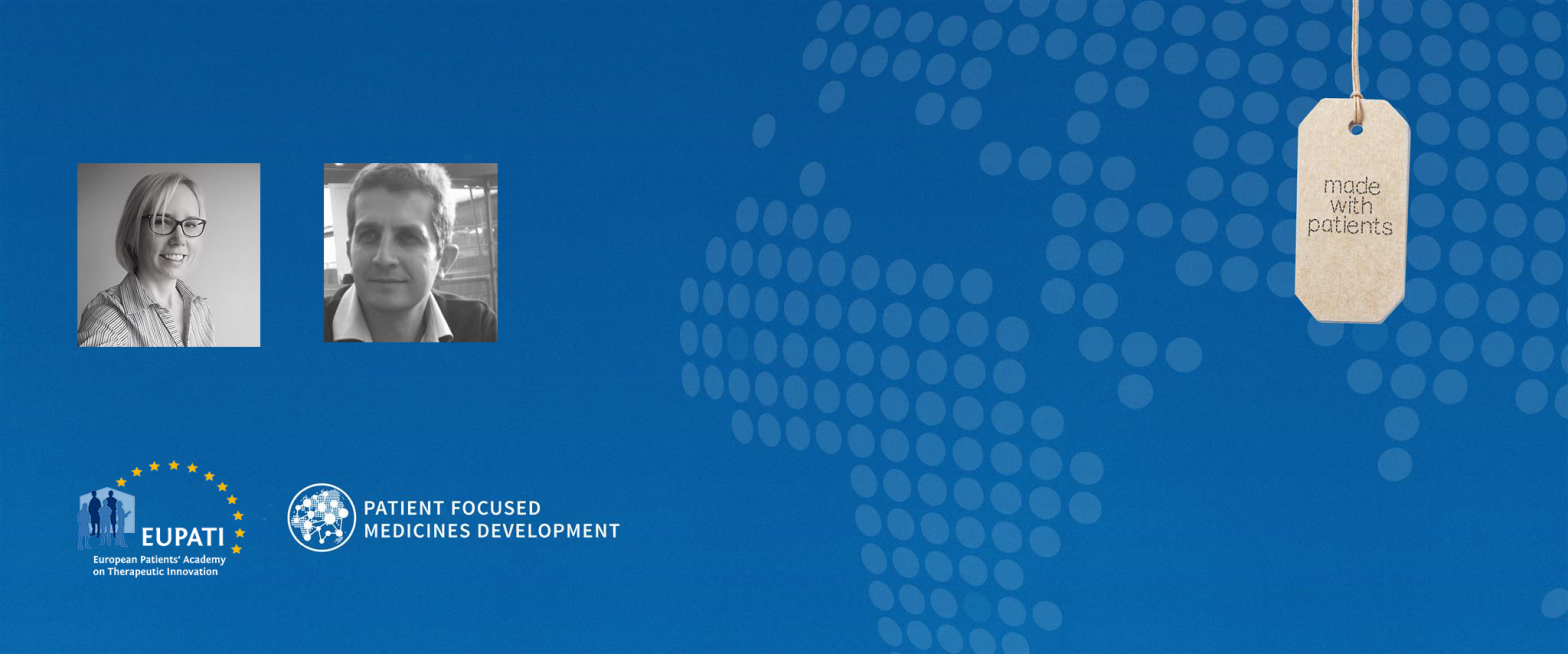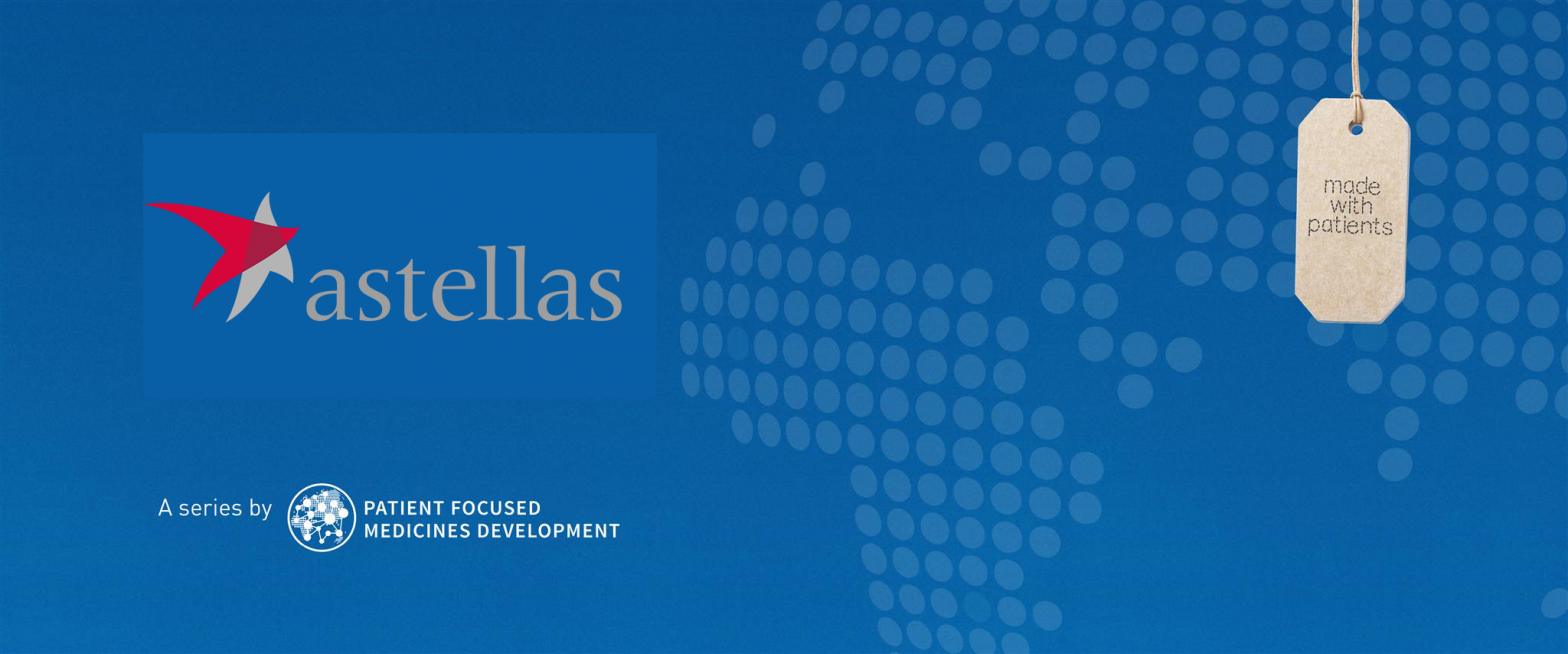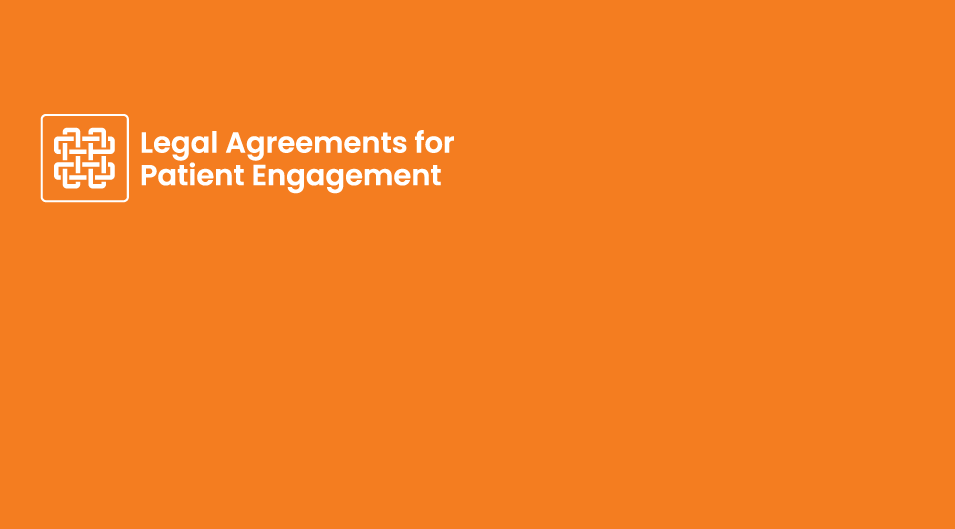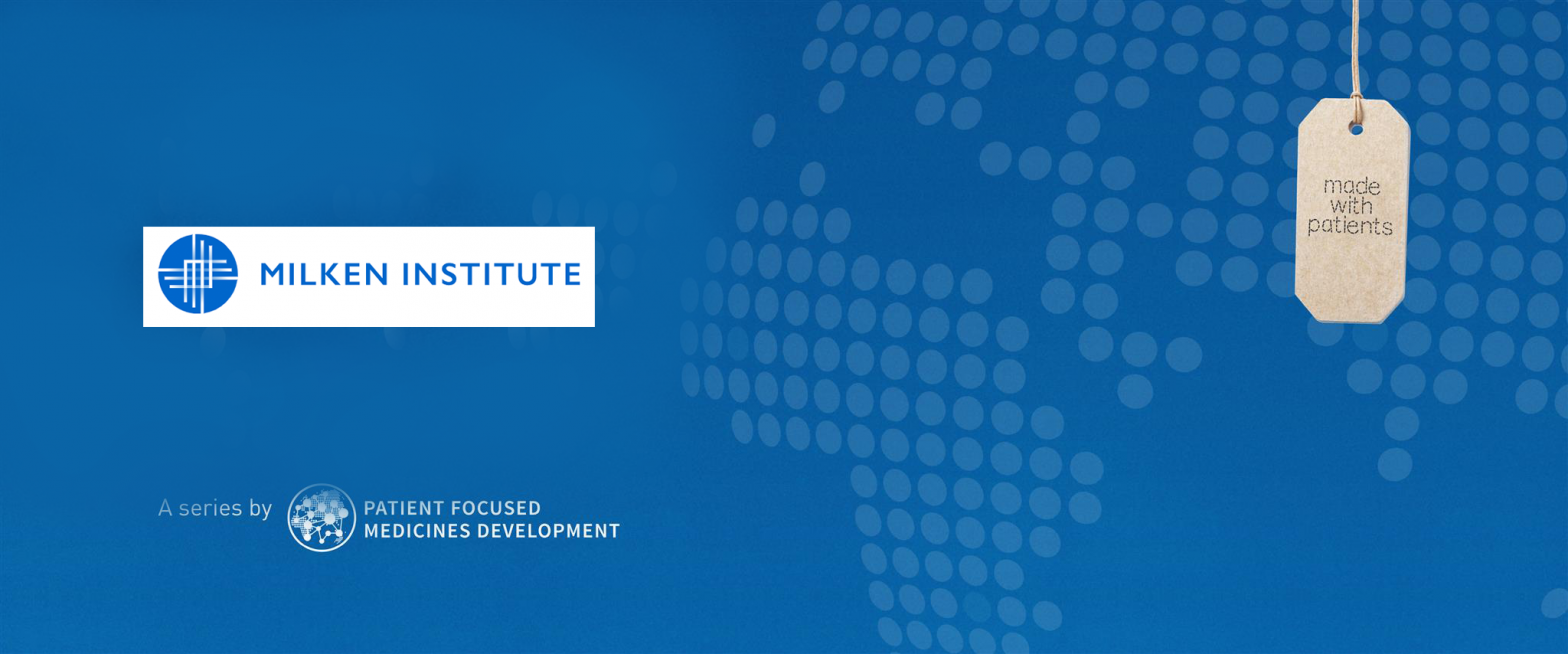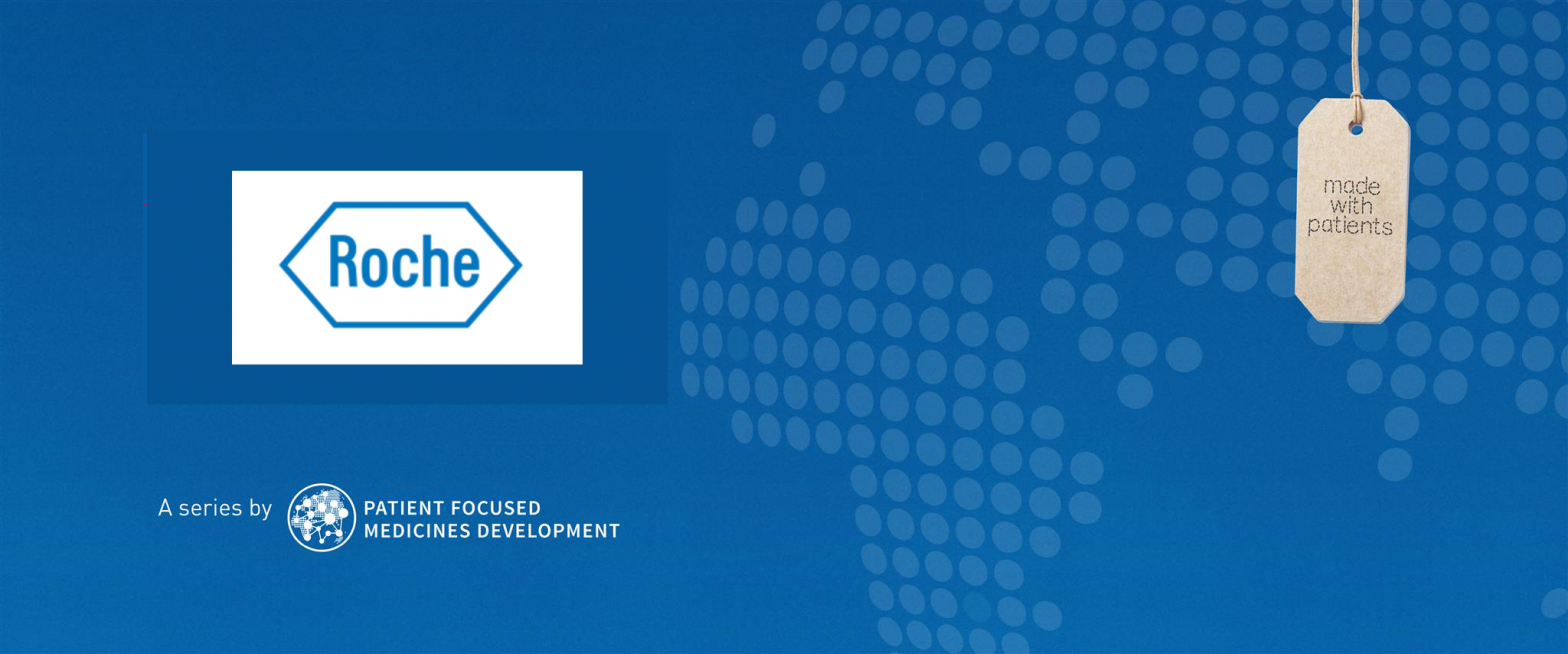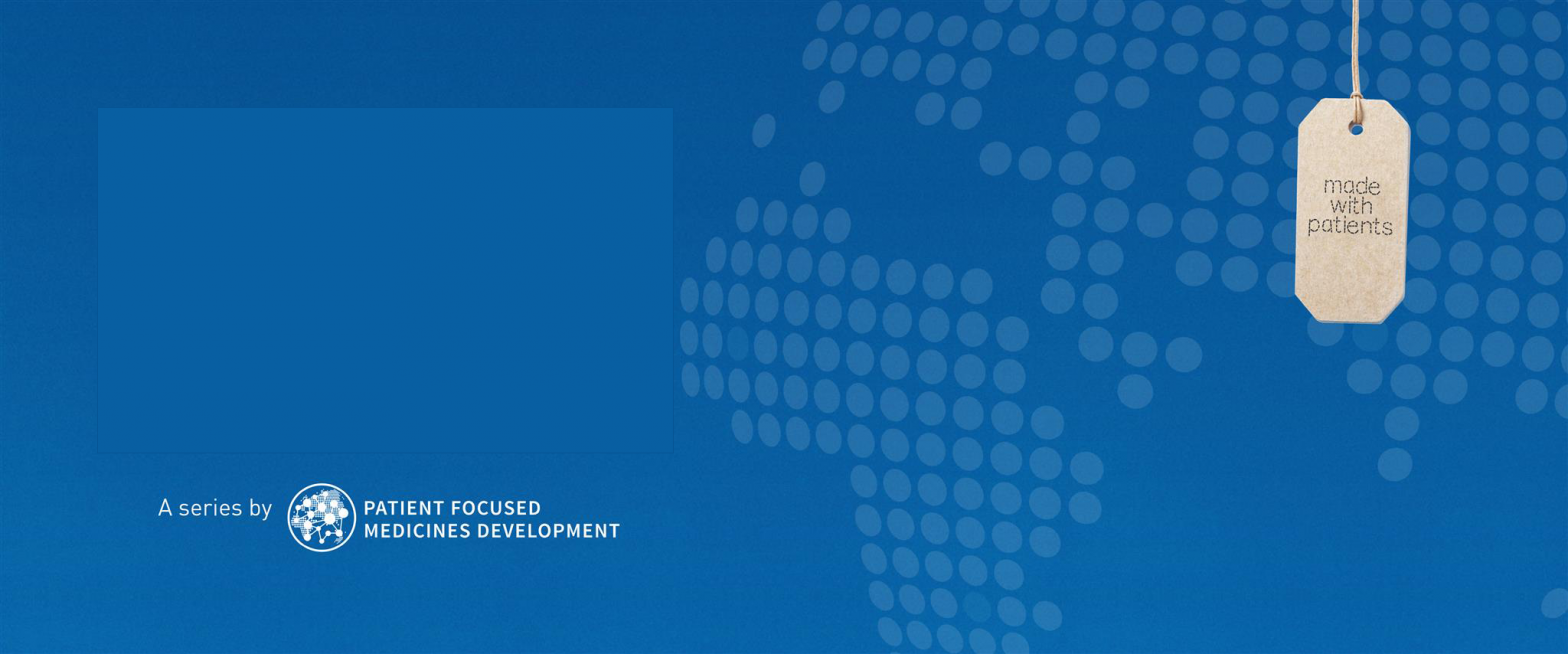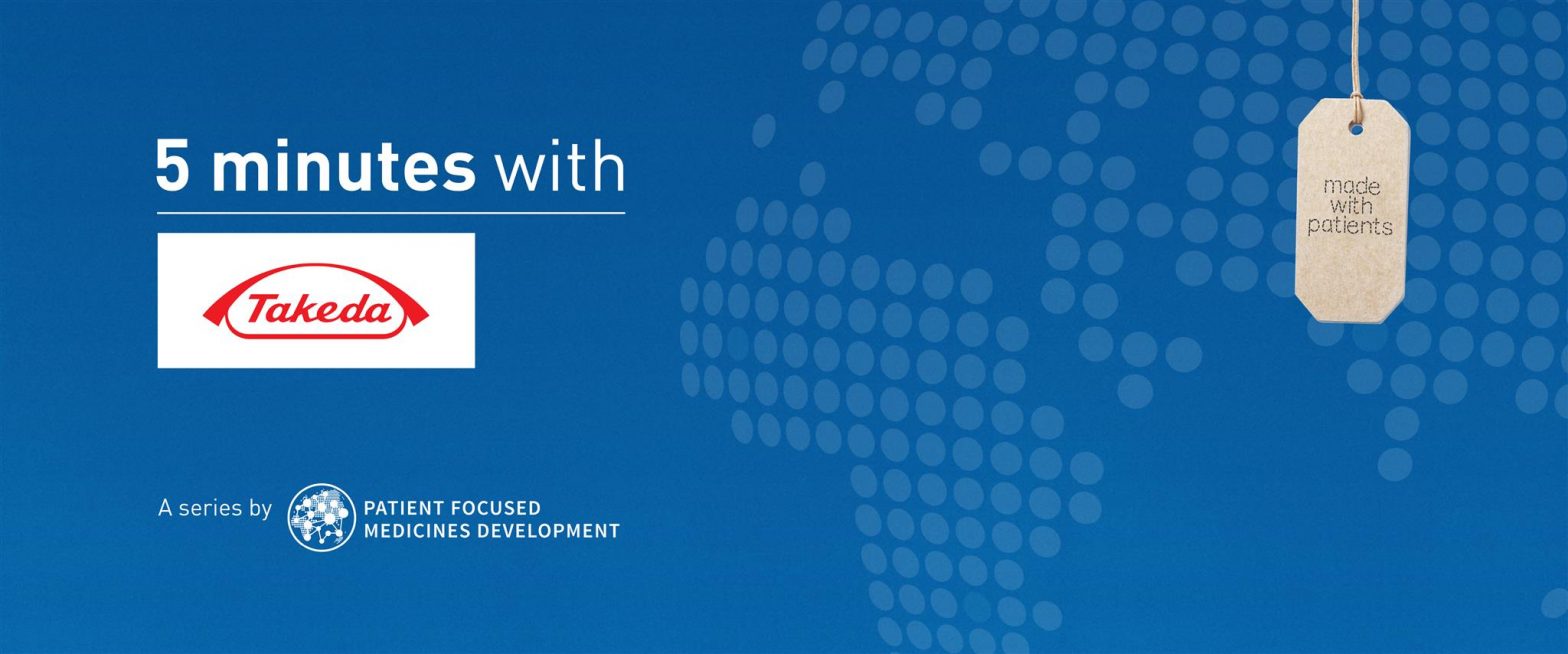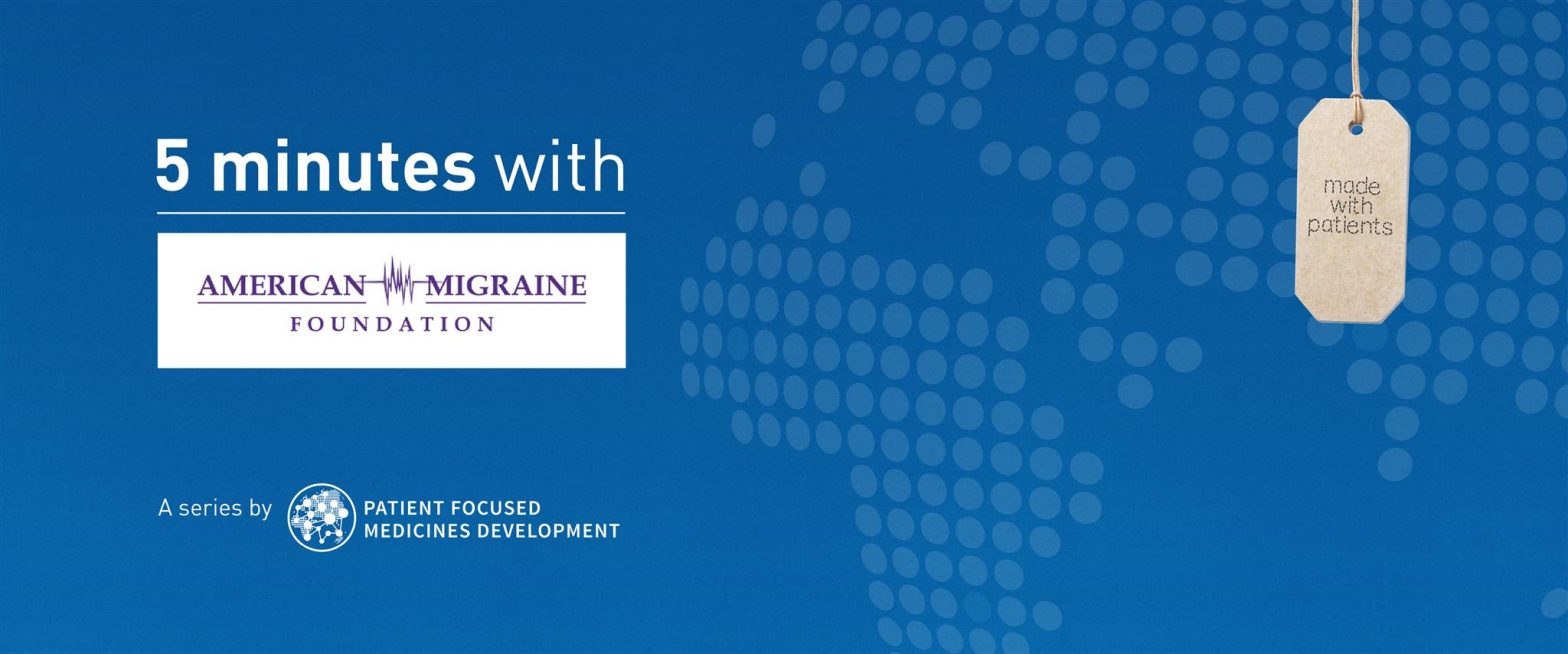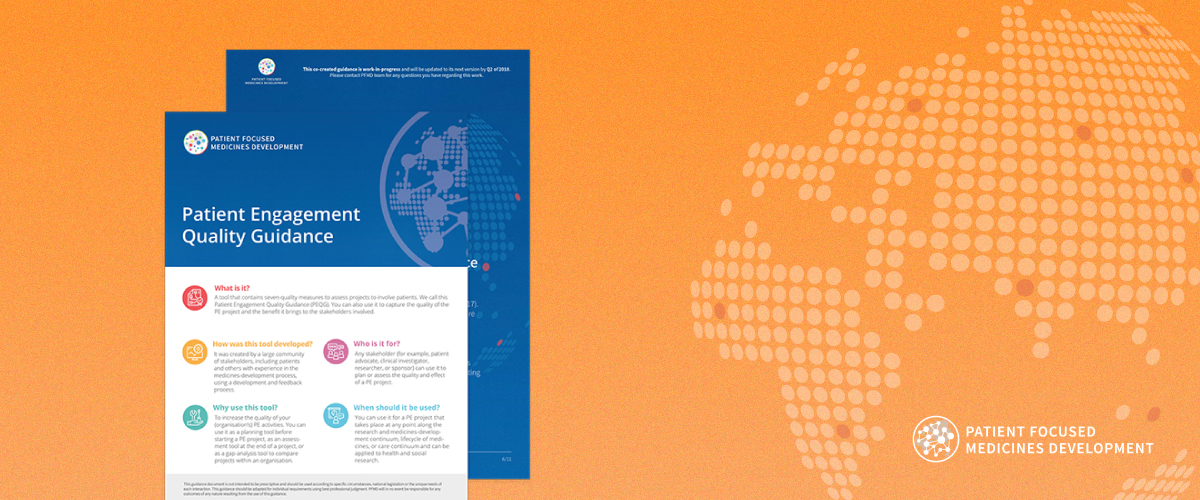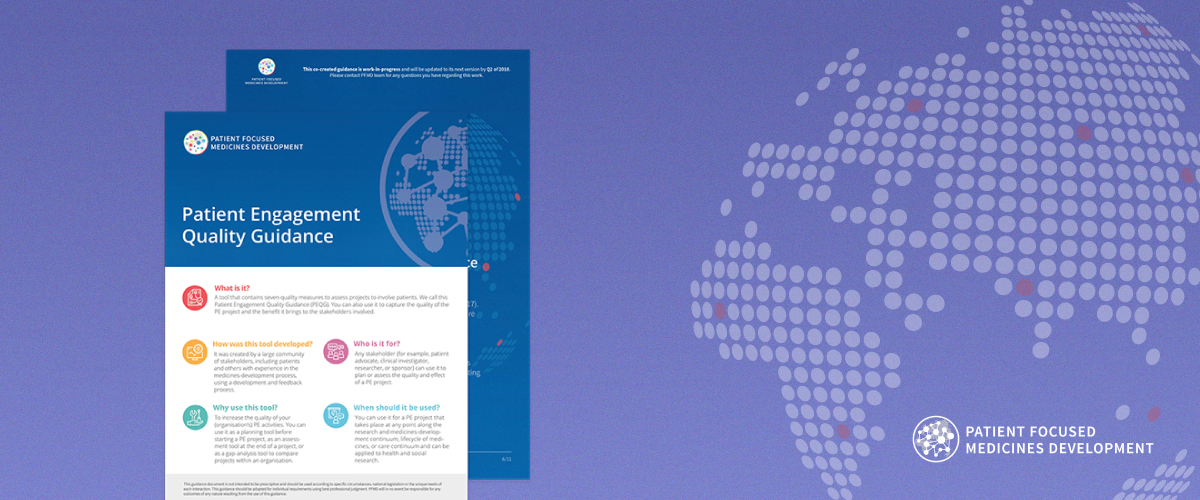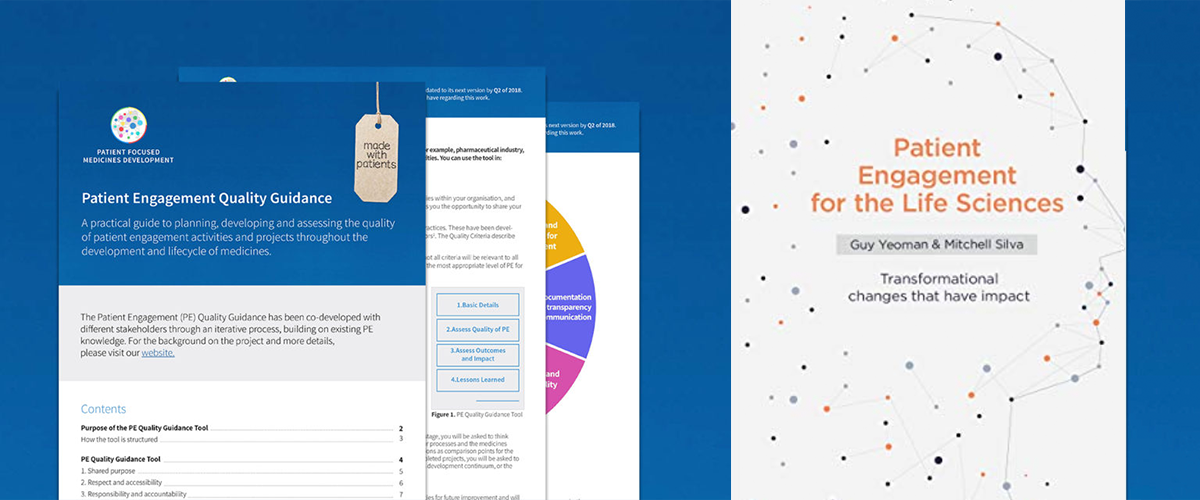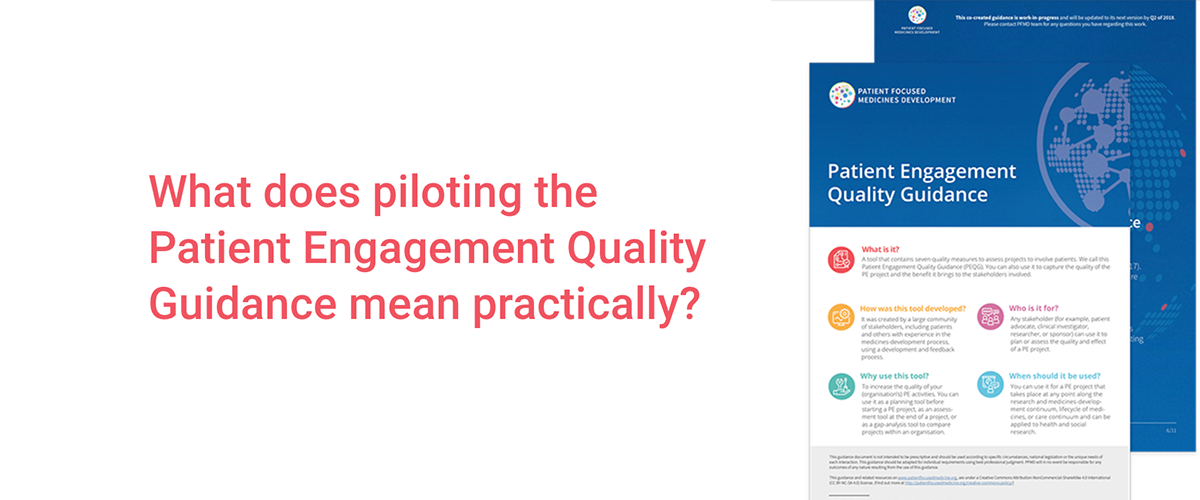What does a fair approach to compensating patients for contributing to medicines research and development look like? We asked health stakeholders.
There is broad agreement that patients and patient representatives should be compensated for the valuable time and expertise that they contribute to research and medicines development. If the patient voice is truly valued, it would be unreasonable to expect them to be the only people in the room working voluntarily.
Devising a fair, systematic and structured approach which represents patients’ Fair Market Value (FMV) is essential to compensating patients in a globally coherent and ethically sound manner. This is in the interest of industry and patients alike, as well as other stakeholders like regulators or researchers.
Several organisations have been working on this issue for some time. In 2018, WECAN conducted a survey to find out what the compensation should look like for the contribution of patient representatives. The National Health Council (NHC) is working on a FMV calculator for compensating patients and patient groups for their work in the development of new treatments. The final product will be a calculator that companies can use and further customize for their own needs. The EFPIA Patient Think Tank also launched an initiative in this area, putting together a document detailing Guiding Principles for compensation with an expected publication date on August 2019.
These developments signal our shared appreciation of the need to address this potentially complex issue. PFMD aimed to build on these valuable projects by expanding the WECAN patient survey to representatives of all stakeholders.
The questionnaire was adapted or expanded to make the questions applicable to a broader target group. Between December 2018 and March 2019, an online survey was conducted through the PFMD platform and email invites.
We received 92 responses from a cross-section of healthcare actors comprising representatives of the patient community (31.5%), industry (39.1%), research and academia (6.5%), consultants (5.4%), health system (1.1%) and others (16.3%). Europe (59.8%) and the USA (26.1%) accounted for a large proportion of respondents.
What did we find?
Several of the findings echo those of the WECAN patient survey while others highlight diverging views on more contentious topics.
Perhaps the most important headline finding is that financial compensation is already the norm for ⅔ of participating organisations – this is similar to the results of the WECAN survey which found that 68% of patients accept financial compensation. Half of the organisations we surveyed have specific guidance in place governing these relationships.
There was strong agreement on reimbursing caregiver travel and expenses (91%), with just over half (55%) saying daycare costs should also be reimbursed where required. A minority of respondents (23%) believe access to treatment should be considered a form of compensation for patients, while 17% view attractive destinations and meals as a form of compensation.
When it comes to the key factors for calculating FMV, most use a combination of ‘time invested’ and an individual’s training/expertise. Personal experience with they disease received the highest score (82%), closely followed by knowledge of the disease/treatment (80%) and systems knowledge (81%).
In contrast, WECAN found that patients emphasise the value of a track record of advocacy, disease and treatment knowledge, healthcare/research systems knowledge, personal skills, completion of training programmes, and personal experience.
One of the biggest differences between the PFMD and WECAN results was on the question of whether travel time should be paid for. Around 41% of our survey respondents said that full or partial compensation is merited, while 84.4% of WECAN respondents favoured payment for travel time. A number of other factors were raised by respondents which might influence the decisions to cover travel time, including the amount of travel time required and the burden it places on some patients, such as those with disabilities.
The future shape of FMV guidance was a key issue addressed through the survey. Conflicts of interest should be addressed as a priority, according to 86% of survey respondents, along with the right to opt-out of financial compensation (83%). In the WECAN study, 88% said opting out of receiving payments should be considered.
Next steps
These findings, where they align with the WECAN study as well as where there are areas of divergence, offer valuable insights that can be used to shape future progress in this vital area. The results of this work will feed into the development of the Fair Market Value Calculator – an initiative led by the NHC – that companies can use and customise to suit their needs.










